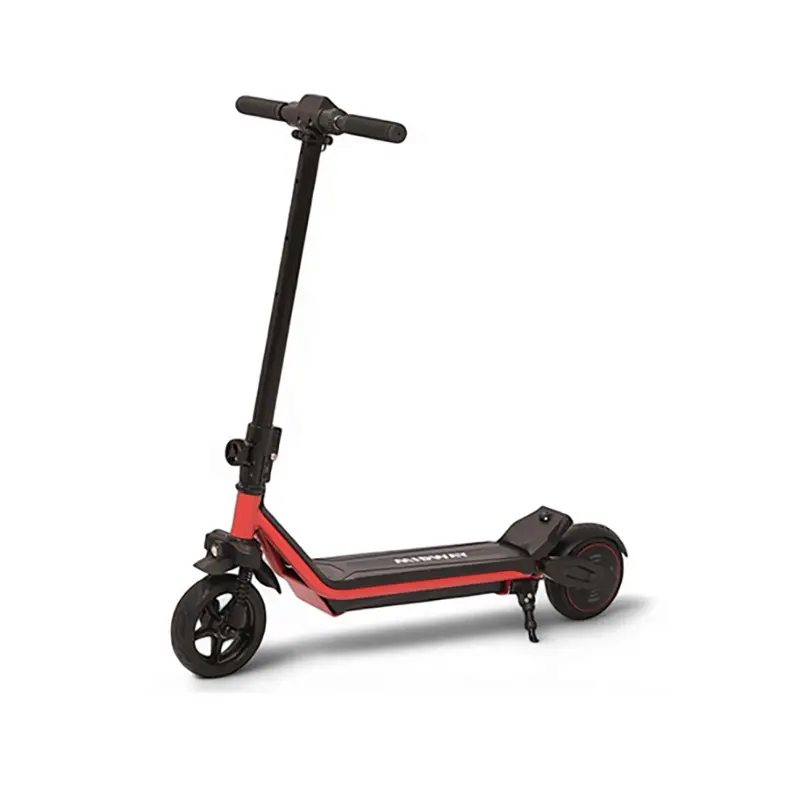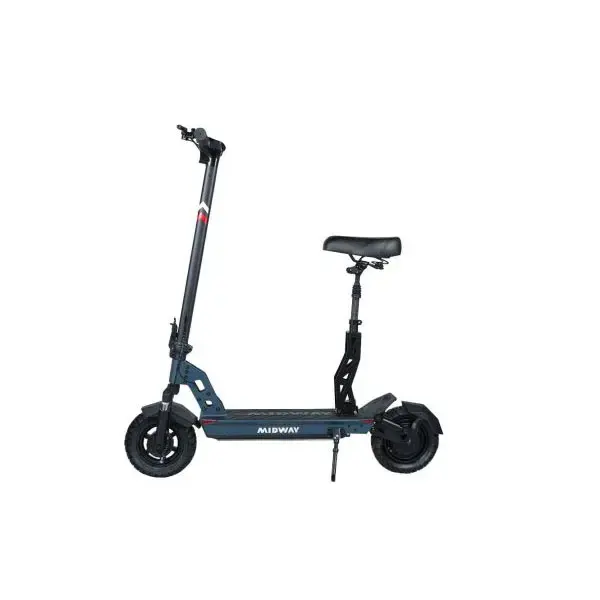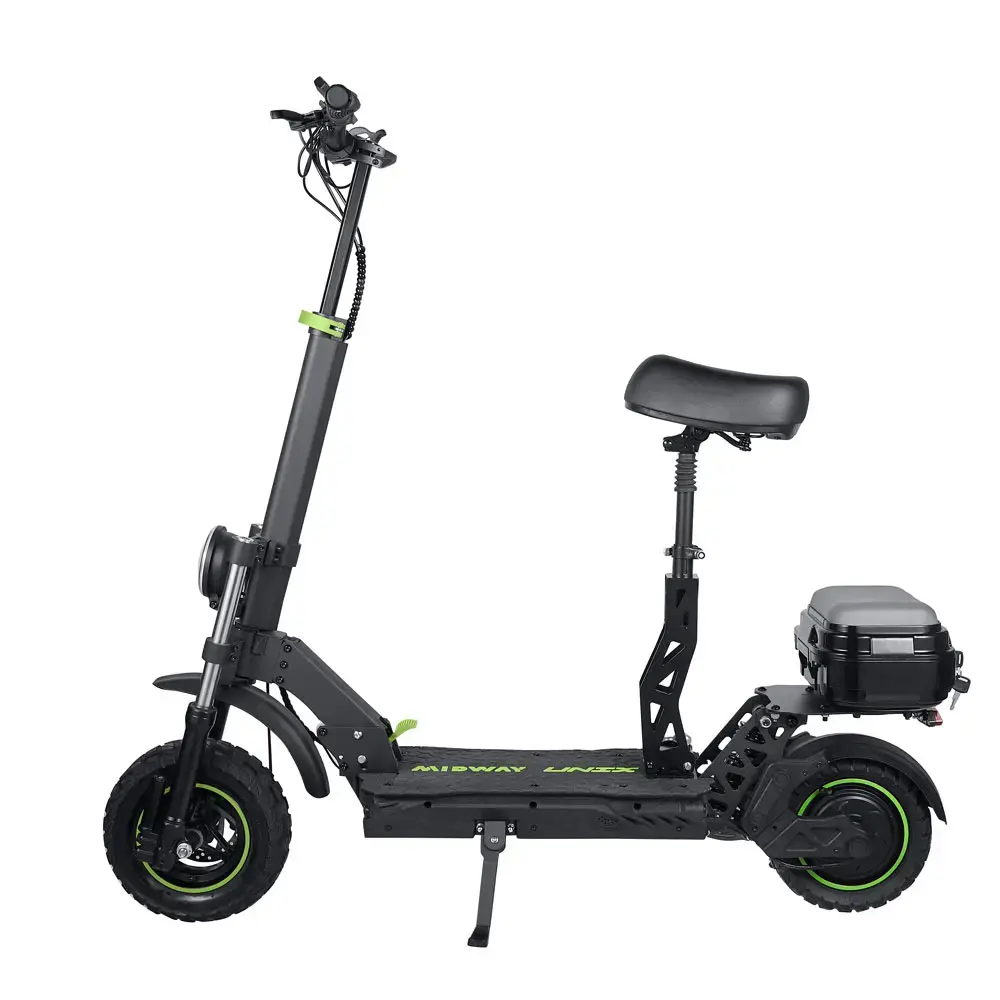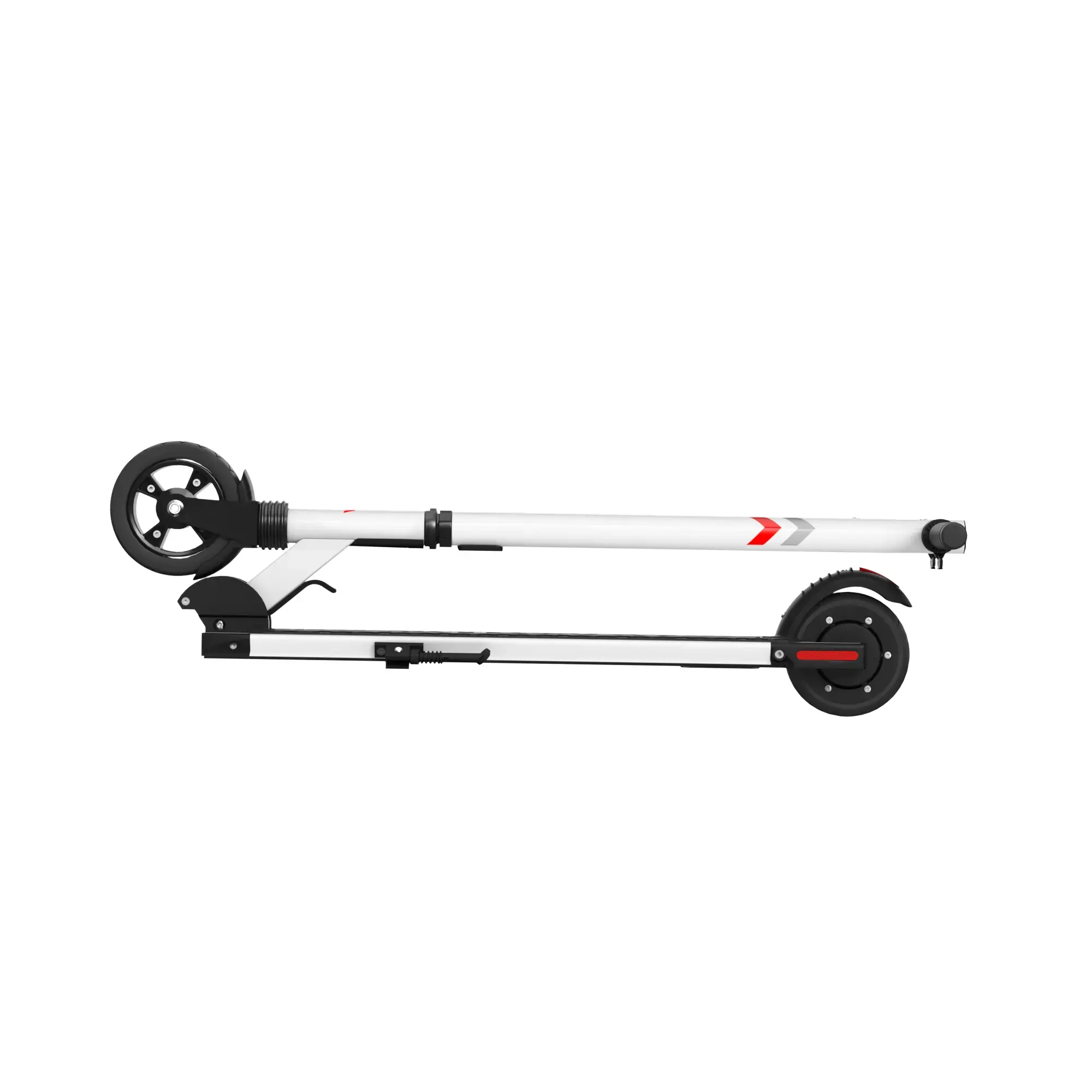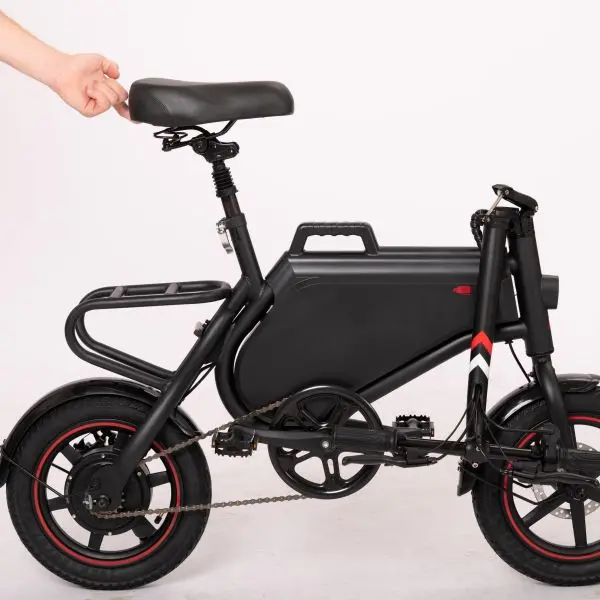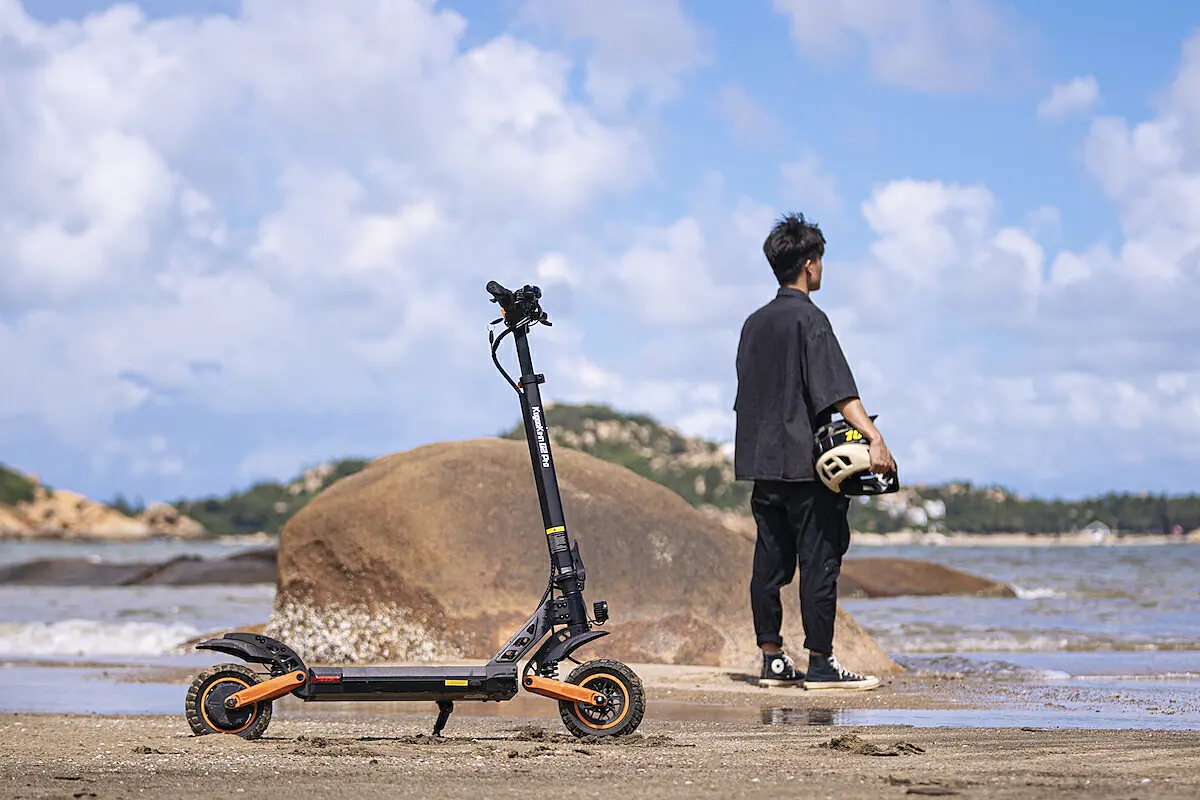A complete analysis of the countries where electric scooters are legal on the road in the world
A complete analysis of the countries where electric scooters are legal on the road in the world
In today's fast-paced life, electric scooters, as a convenient and environmentally friendly short-distance means of transportation, are gradually gaining favor among consumers around the world. For independent electric scooter sites engaged in foreign trade business, it is crucial to understand which countries allow electric scooters to be legally on the road. This will not only help expand the market, but also increase the exposure of the website and attract more potential customers. This article will explore in depth the countries and relevant regulations where electric scooters are legally on the road around the world, providing comprehensive guidance for your foreign trade business.
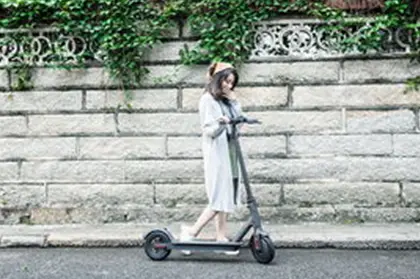
I. EU countries
(I) Germany
Germany is one of the countries with relatively mature development of electric scooters. According to the eKFV "Micro Electric Vehicle Management Regulations" promulgated by the German Ministry of Transport in 2019, electric scooters are included in the road traffic system and managed in accordance with motor vehicles. The regulations stipulate that the maximum design speed of electric scooters shall not exceed 20 km/h, the motor power shall not exceed 500 W, the vehicle mass shall not exceed 55 kg (excluding the driver), and it is necessary to obtain an ABE certification certificate issued by the German Federal Motor Transport Agency (KBA) before it can be legally on the road.
(ii) France
France also allows electric scooters to be driven on public roads. According to EU standard EN 17128:2020, electric scooters need to meet a series of safety requirements, including braking systems, lighting devices, horn warning devices, etc. In addition, electric scooters are classified as personal light electric vehicles (PLEV) in France, and their maximum speed limit is 25 km/h.
(iii) United Kingdom
In the UK, the legality of electric scooters has also been clarified in recent years. According to the regulations of the UK Department of Transport, electric scooters can be driven on public roads, but they need to meet certain conditions, such as a maximum speed of no more than 15.5 miles (about 25 km/h), a motor power of no more than 500 W, and they need to pass relevant safety tests.
(iv) Sweden
Sweden has a high acceptance of electric scooters. Not only does it allow them to be legally on the road, but it also provides subsidies for electric scooters to encourage environmentally friendly travel. Swedish regulations require that the maximum speed of electric scooters does not exceed 25 km/h, and they need to be equipped with necessary safety equipment, such as brakes, lighting, etc.
2. North American Countries
(I) United States
Electric scooters vary in regulations from state to state, but in general, electric scooters are legal on the road in most states. For example, in California, electric scooters require a valid driver's license to operate, and the maximum speed limit is 15 mph (about 24 km/h). In Arizona, electric scooters, like bicycles, can be used anywhere you can ride a bicycle, without insurance or registration.
(II) Canada
In Canada, the legality of electric scooters varies by province, state, and city. Most provinces do not require a license to drive an electric scooter, but some places have minimum age requirements and may require a driver's license. For example, in Ontario, electric scooters are classified as electric bicycles and need to comply with relevant traffic regulations.
3. Asian Countries
(I) Japan
Japan has strict regulations on electric scooters, but has gradually relaxed restrictions in recent years. According to Japan's Road Traffic Law, electric scooters need to meet certain safety standards, such as a maximum speed of no more than 24 km/h, a motor power of no more than 1000 W, and need to be driven on designated roads.
(II) South Korea
South Korea also allows electric scooters to be legally on the road and has relatively standardized management. Electric scooters need to comply with relevant safety standards in South Korea, including requirements for braking performance, lighting equipment, etc., to ensure the safety of users and others.
IV. Other regions
(I) Australia
In New South Wales, Australia, products such as electric scooters, electric bicycles and related batteries have been included in the scope of compulsory certification. This means that electric scooters need to meet specific safety and quality standards before they can be legally on the road.
(II) Italy
Italy not only allows electric scooters to be legally on the road, but also provides subsidies for them to promote green travel. Italian regulations require that the maximum speed of electric scooters does not exceed 25 km/h and must be equipped with necessary safety equipment.
V. Conclusion
As an emerging short-distance means of transportation, electric scooters are gradually gaining legal status around the world. Understanding the regulations and standards of various countries is crucial for electric scooter independent stations engaged in foreign trade business. By providing products that comply with local regulations, it can not only enhance the market competitiveness of products, but also increase the exposure of the website and attract more potential customers. As the electric scooter market continues to develop, more countries and regions will formulate and improve relevant laws and regulations in the future to create a more friendly environment for this environmentally friendly mode of travel.






